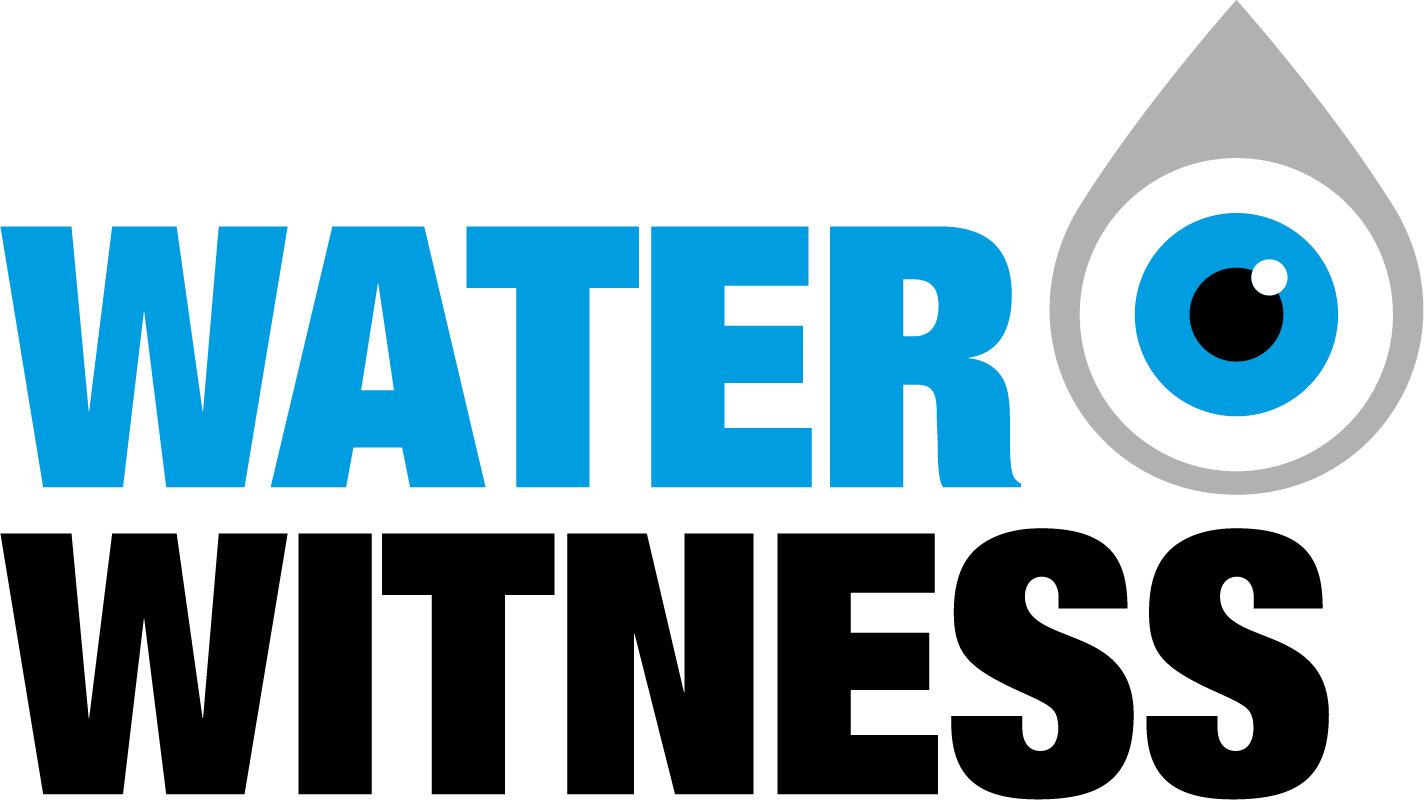Water governance in Malawi- how accountable are we?
When it comes to access to safely managed water and sanitation, it's important that governance systems drive people to do their jobs right. To make sure this is happening, accountability is key. This is clear in a recent study we carried out to see how strong accountability is in the water sector in Malawi, where we made recommendations for stronger governance.
Our study looked at water resource management, overall sector governance, water supply and sanitation in Malawi. We first checked to see if the laws in place allow for strong accountability. Then, we talked to key government and civil society stakeholders to see if the laws, policies, and regulations are being followed.
The good news is that generally, the rules are clear on who is responsible for what and how they should be held accountable. However, there is gaps and overlaps in who oversees the planning and delivery of water supply and pollution control. The review also found that implementing rules can be challenging. For example, while the legislation says water boards should manage sewage treatment, this is actually in the hands of local councils, resulting in difficult coordination and management of infrastructure. The study also highlighted the lack of a solid Joint Water Review Process, a Water Tribunal, and robust bottom-up processes for community driven social accountability as hampering the ability of the sector and communities to hold duty bearers and the private sector to account.
The study makes five recommendations to strengthen water governance in Malawi:
The National Water Resources Authority must have full powers to implement its water planning, management and regulatory functions fully, without interference.
With the required Government leadership, the management of sewage treatment works should be transferred to water boards, and regulations for water supply delivery should be clearly defined.
The establishment of the Water Tribunal by the Government is essential to ensure independent oversight over water-related disputes. .
Civil society and the Government must support bottom-up processes of community-driven social accountability monitoring must be supported by to ensure these necessary participatory processes function.
Under the leadership of the Ministry of Water and Sanitation with the support of Government bodies, civil society, development partners and the private sector, the annual Joint Water Review process should be revitalised to monitor sector performance and guide progress.
These findings have major implications for water management in Malawi. If we can be more transparent about how we're using our water resources and identify the bottlenecks that prevent us from managing our resources effectively, we can implement the strong legislative frameworks available better, strengthening the accountability mechanisms provided in these to make sure everyone has access to clean water.
Read the full reports here
